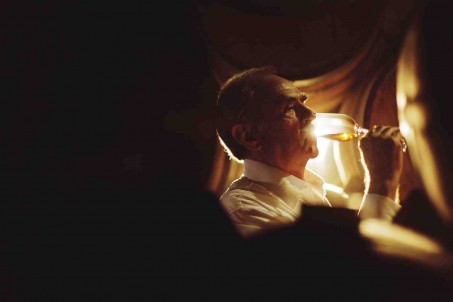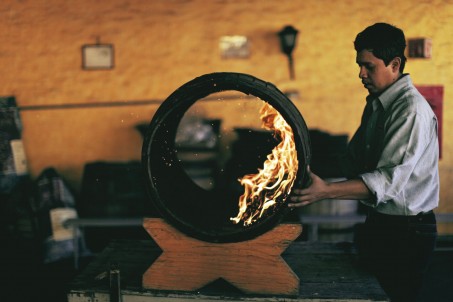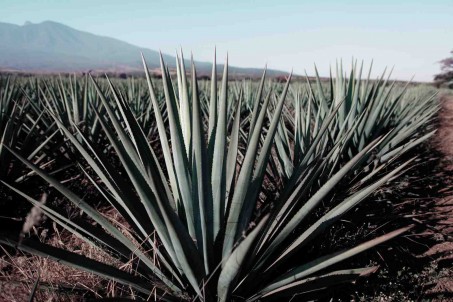
This article featured in the December issue of Australian Bartender magazine.
Interviewed by Edward Washington
While Don Francisco Hajnal was in town recently for Sydney BarShow Week, we caught up with him for a chat about his role with Jose Cuervo Tequila. Having been involved with the magical spirit for many, many years, Don Hajnal had a lot to say – and we were happy to listen.
How was your trip to Sydney BarShow Week this year?
“It was very interesting and I enjoyed the city, the people and BarShow‘s environment while I was in Sydney.”
Were you impressed by the appreciation of Tequila while in Australia?
“I was impressed at BarShow in the way people talked about Tequila. It was exciting to see more people experiencing Tequila especially in a country like Australia which doesn’t have an established Tequila culture like Mexico or North America does.”

What was the attraction of Tequila that led you to where you are now?
“First, I love that Tequila is a deep, traditional Mexican drink. Second of all, the process for making Tequila is complex and its raw material, the Agave Azul, is a unique plant full of components and properties that give personality to Tequila. I also love Tequila because of its rich history.”
When did the Jose Cuervo story first start?
“In 1758 when Don José Antonio Cuervo was granted with a large extension of land by the king of Spain in Tequila Valley, and started to grow agave there. We are the oldest active distillery in Mexico. Now they are coming up be the 10th generation there.”
Tell me a little about your role with Jose Cuervo Tequila.
“I have been the Maestro Tequilero (master blender) for Jose Cuervo since 1999. My knowledge is very vast, and that allows me to speak at seminars and conferences teaching people about Tequila. I have also participated in the development and launch of several brands of Tequila that José Cuervo produces.”
What makes Tequila unique in the wide world of spirits?
“Tequila is made only from the Agave Azul Tequilana, a plant that needs eight to ten years to mature. Our process is very meticulous, which allows special aromas and flavours to develop. It is not possible to find those characteristics in other spirits. In this way, Tequila is unique.”
What are the benefits from slow cooking the agave?
“This part is very important, because the slow cooking of the agave provides the main components for the unique flavours and aromas that distinguish the Tequila and give it its personality.”

Are there any interesting facts about Tequila production that you like to share?
“Patience is the name of the game. It means that all our processes to make Tequila are methodical and precise. We never bottle our Tequilas until the master tasters have tasted them. Only when they are happy do they approve the production batches for bottling.”
What’s your proudest achievement thus far with Tequila?
“Lots of things make me proud; the fact that I founded the Mexican Academy of Tequila Tasters, that I was named Maestro Tequilero, that I can teach people the truth about Tequila and that I have the opportunity to visit countries around the world to speak to people about my passion for Tequila – these are all very special opportunities for me.”
How important Tequila for the modern cocktail bartender?
“Taking into consideration the new wave in the art of the mixology I think that Tequila is an ideal spirit to mix perfect cocktails because of its unique flavours and aromas.”
What are some tips you can share to tasting and assessing Tequila.
- It is preferable to use the correct glass (such as the Riedel glass for Tequila).
- Perform the tasting using the five senses.
- For the aromas; keep your mouth slightly open, put your nose into the glass and breathe in (gently).
- For the flavour; only take a tiny bit in your mouth but leave it for around ten seconds before swallowing.
- The most important thing is balance and harmony in the liquid.


